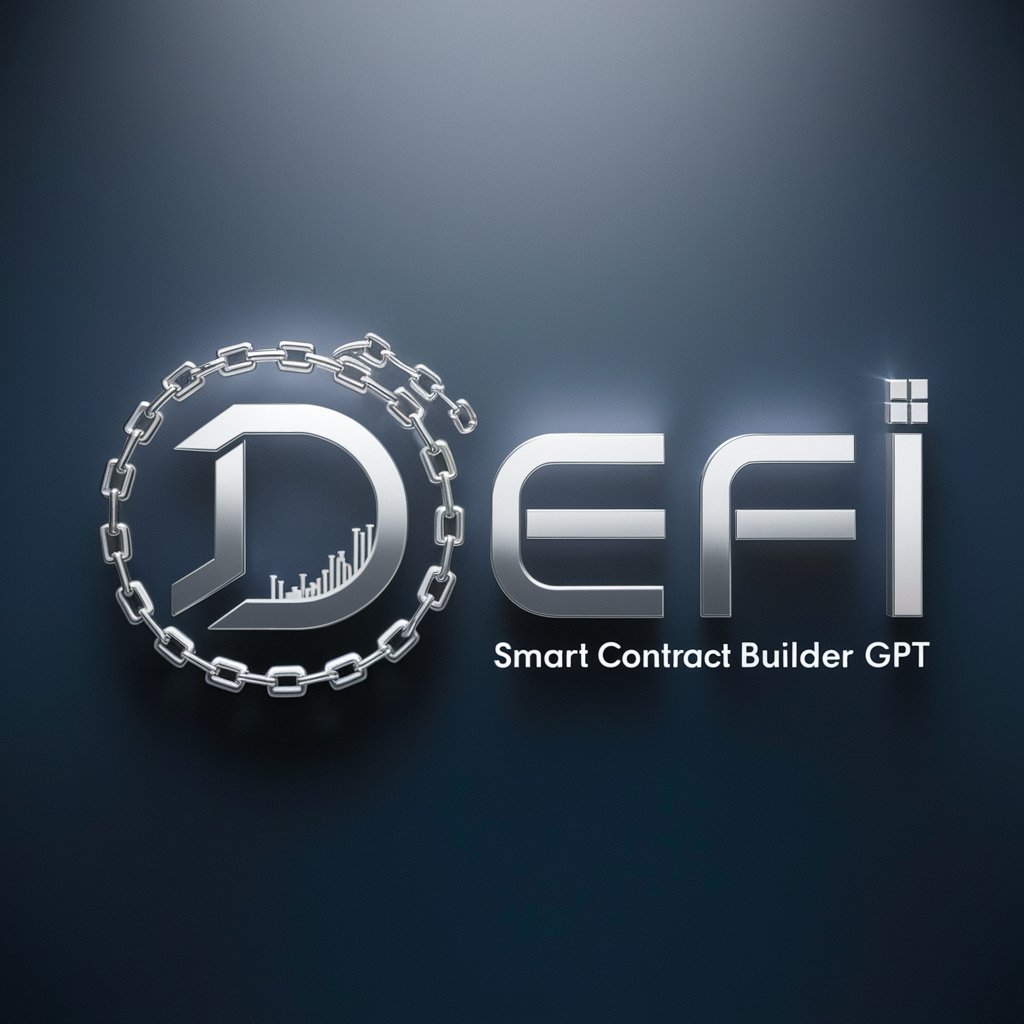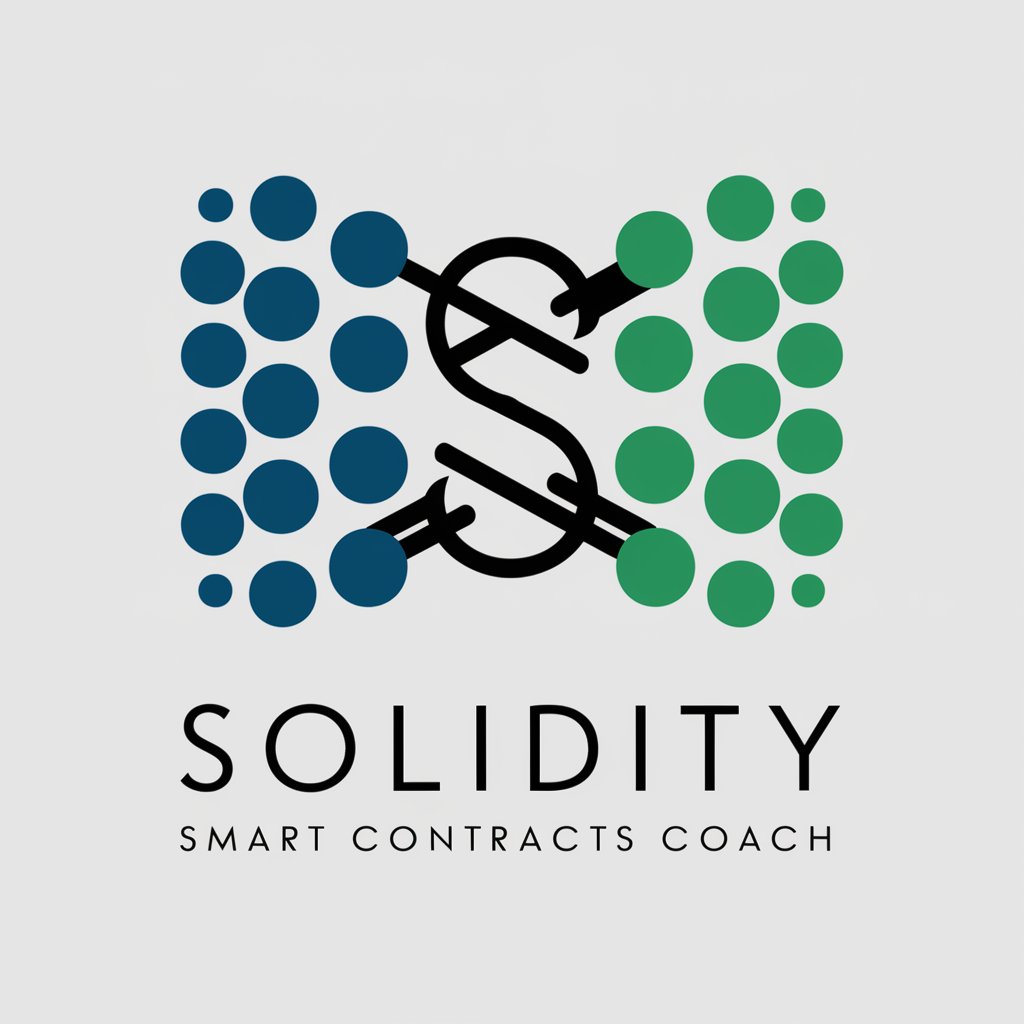
区块链合约代码编写 - Smart Contract Coding

Hello, I'm here to assist with blockchain contract coding!
Empowering smart contract creation with AI
How do I optimize a smart contract?
What are common errors in contract coding?
Explain gas optimization in Ethereum contracts.
Guide me through writing a basic smart contract.
Get Embed Code
Overview of 区块链合约代码编写
区块链合约代码编写, or blockchain contract development, involves creating self-executing contracts with the terms of the agreement directly written into lines of code. These contracts automatically enforce and execute the terms of the agreement based on the code. The design purpose of blockchain contract development is to provide a secure, transparent, and tamper-proof system for executing contractual agreements. For example, a smart contract on the Ethereum blockchain can be used to automate the process of releasing funds upon the completion of certain conditions, reducing the need for intermediaries and increasing efficiency. Powered by ChatGPT-4o。

Core Functions of 区块链合约代码编写
Automated Execution
Example
A smart contract for an online marketplace
Scenario
Automatically transfers payment to the seller and updates ownership records when a buyer confirms receipt of goods.
Decentralized Applications (DApps) Integration
Example
Decentralized finance (DeFi) platforms
Scenario
Enables complex financial transactions, like lending and borrowing, to be executed directly between parties without the need for traditional financial intermediaries.
Token Creation
Example
ERC-20 tokens on the Ethereum platform
Scenario
Enables businesses to create and issue their own tokens for purposes like fundraising, rewards, or as part of a service or product offering.
Target User Groups for 区块链合约代码编写
Blockchain Developers
Individuals or teams developing blockchain solutions or applications, requiring in-depth knowledge of smart contract coding, deployment, and management.
Businesses and Startups
Organizations looking to leverage blockchain technology for various purposes such as supply chain management, product authentication, or decentralized finance.
Educational Institutions
Universities and educational bodies interested in teaching and researching blockchain technology, smart contracts, and their applications in real-world scenarios.

How to Use Blockchain Contract Code Writing
1
Visit yeschat.ai for a complimentary trial, accessible without signing in or subscribing to ChatGPT Plus.
2
Select the blockchain platform for which you intend to develop the contract, such as Ethereum, Binance Smart Chain, or Solana, to ensure compatibility and efficiency.
3
Familiarize yourself with the basic syntax and functionalities of smart contract programming languages like Solidity for Ethereum or Rust for Solana to streamline your coding process.
4
Utilize the interactive tutorials and documentation provided to learn best practices for smart contract development, including security measures, gas optimization, and testing methods.
5
Experiment with the tool to write, test, and deploy your smart contracts, using the feedback mechanism to improve and refine your code based on real-world blockchain conditions.
Try other advanced and practical GPTs
AI審議会
Empower Your Decisions with Diverse AI Insights
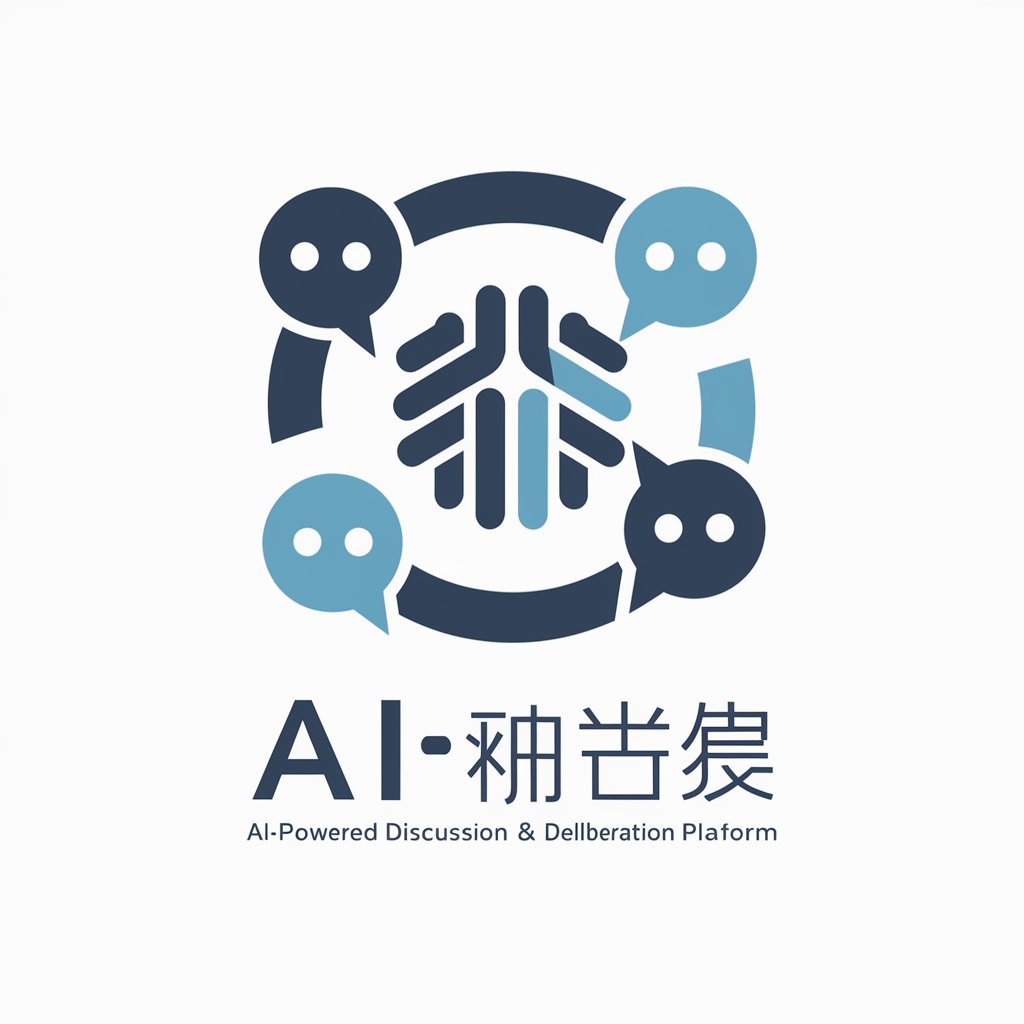
Versatile Pet Doctor-Dr. Olivia(全能宠物博士)
Empowering Pet Care with AI

礼品、礼物选择指南(进一步咨询,请加我微信:415818818)
Personalizing Your Gifting Experience

企业起名助手
Crafting Unique Names with AI Power
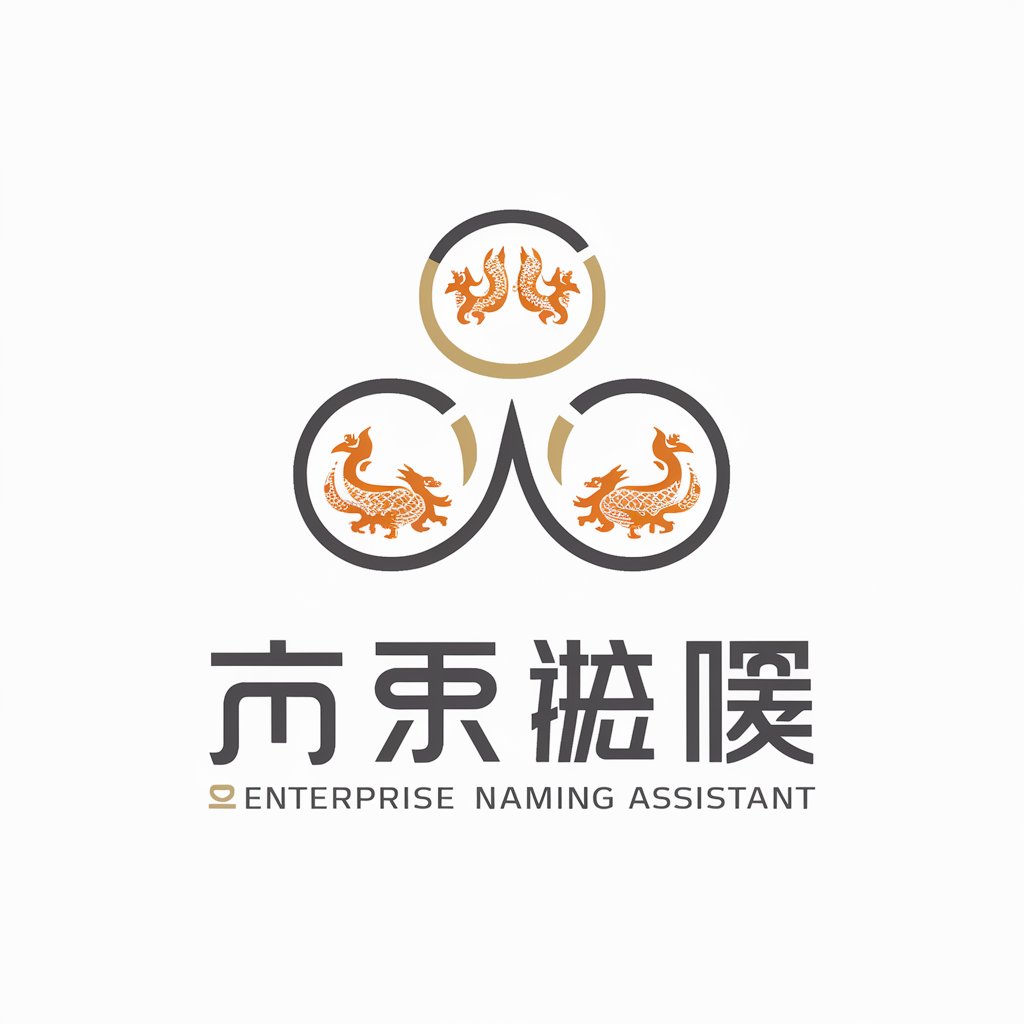
梅长苏
Bringing Ancient Wisdom to Modern Conversations
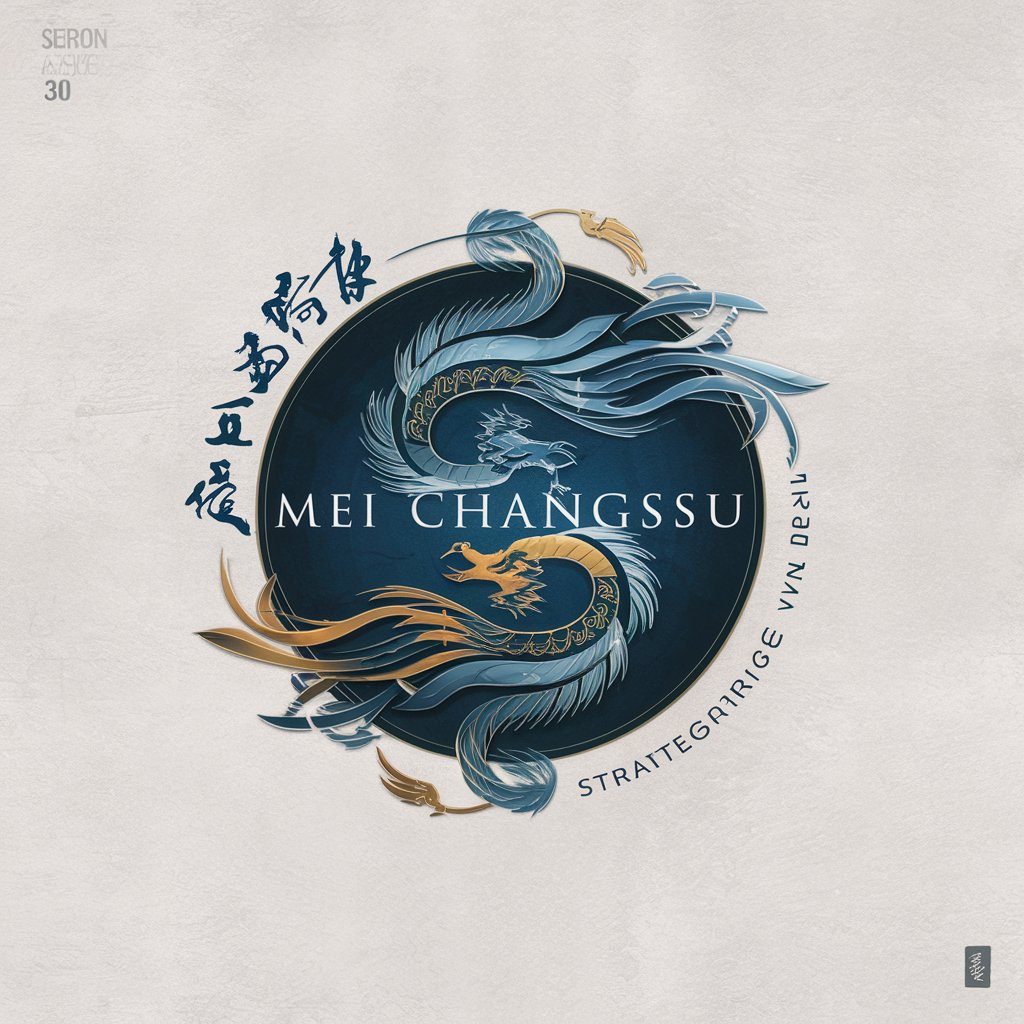
藏头诗创作
AI-powered classical poetry crafting

心程AI-具体技术模块
Clarify Conversations with AI

心程AI-情感与内容反映技术模块
Empowering Insights through AI Reflection

心程AI-用户判断模块
Mechanize your decision-making with AI
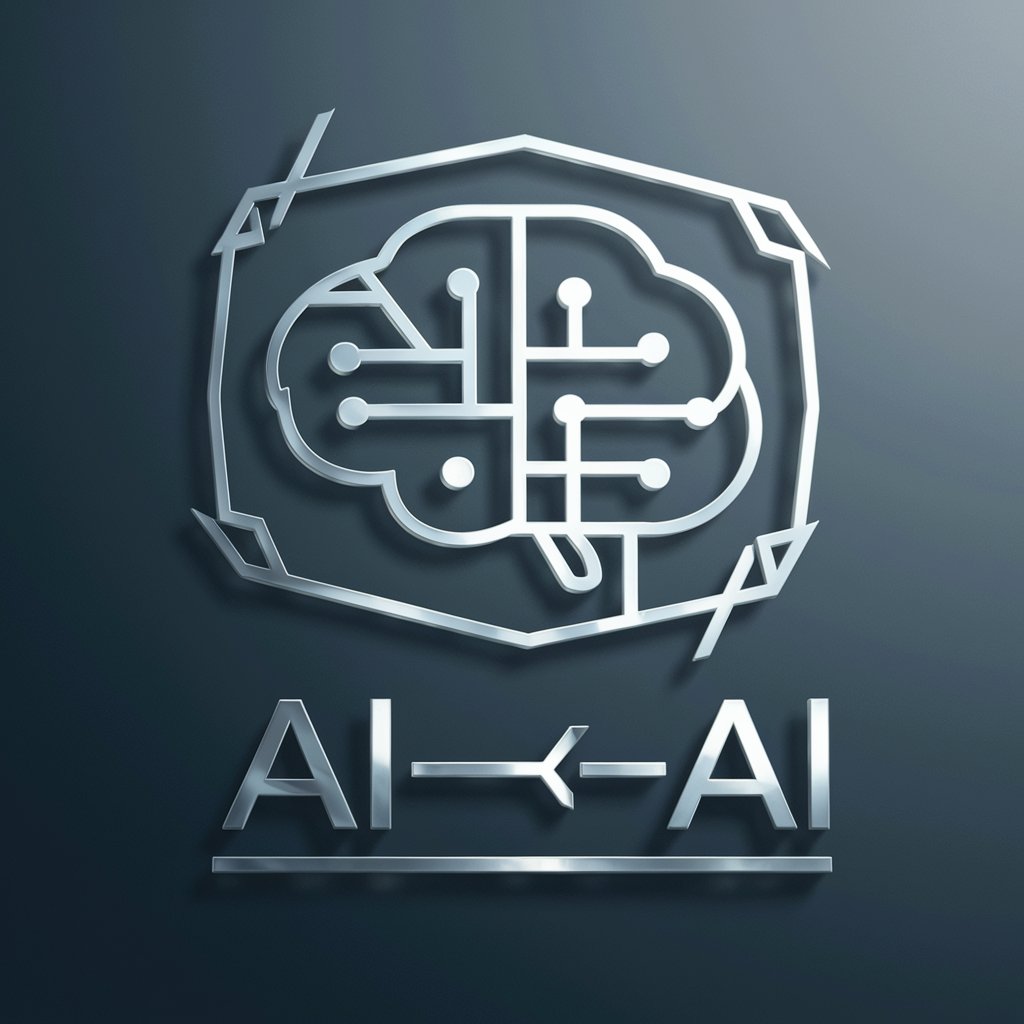
区块猫
Empowering Crypto Decisions with AI
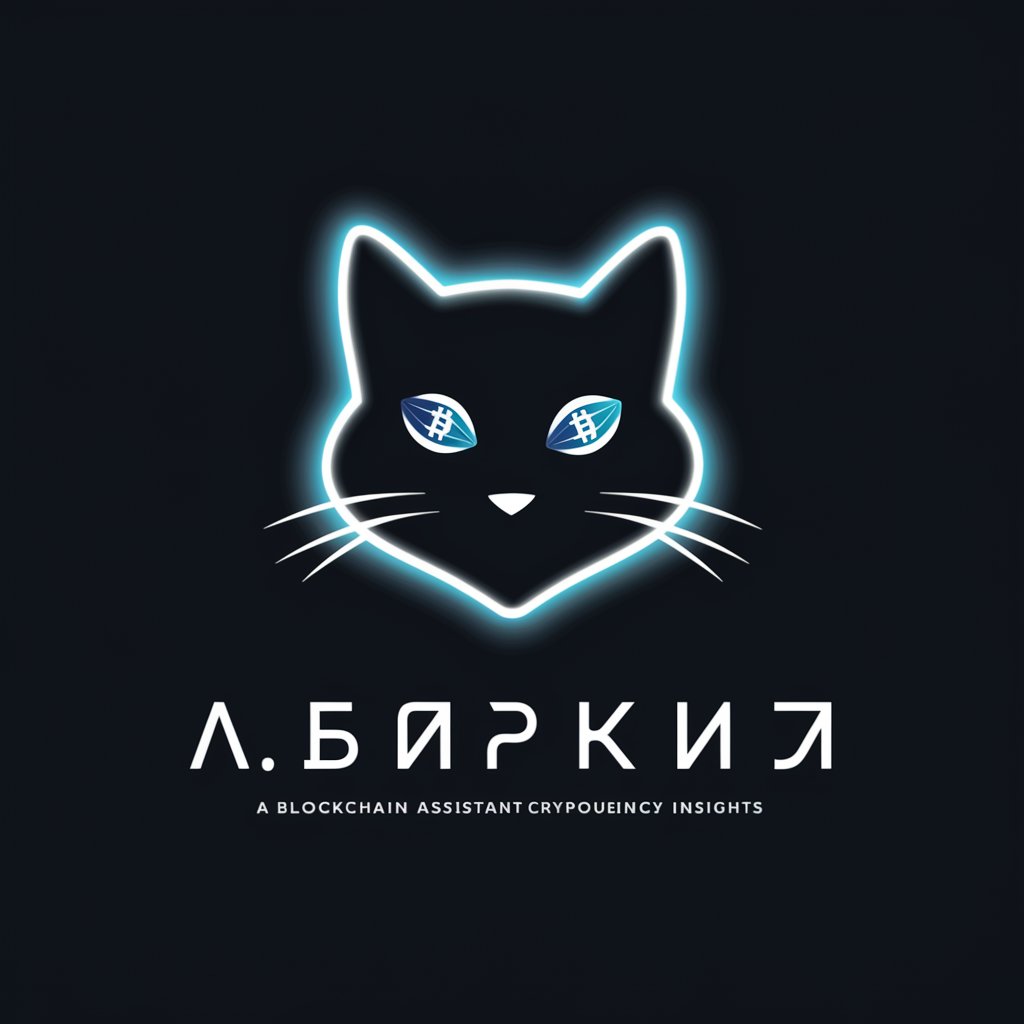
Odoo 模块助手
Empowering Odoo development with AI-driven insights and support

公司分析板块
Empowering decisions with AI-driven insights

Detailed Q&A on Blockchain Contract Code Writing
What is the primary programming language supported by this tool for smart contract development?
The tool primarily supports Solidity for Ethereum-based contracts and Rust for Solana-based contracts, catering to the two most popular environments in blockchain development.
Can I use this tool to deploy contracts directly to the blockchain?
Yes, after writing and testing your smart contract, the tool provides functionalities to connect with blockchain networks, allowing for direct deployment of contracts to your chosen blockchain.
Does this tool offer any templates or examples for beginners?
Absolutely. To aid beginners, it offers a range of templates and examples for various use cases, such as decentralized finance (DeFi) apps, non-fungible tokens (NFTs), and governance protocols, helping users to get started with coding more easily.
How does this tool ensure the security of smart contracts?
It integrates security auditing features that analyze your contract code for common vulnerabilities and best practices, offering suggestions for improvements and optimizations to ensure robust and secure smart contracts.
Is there support for collaborative projects within this tool?
Yes, it supports collaborative projects, allowing multiple developers to work on the same contract code simultaneously, with version control and change tracking features to facilitate seamless team collaboration.

